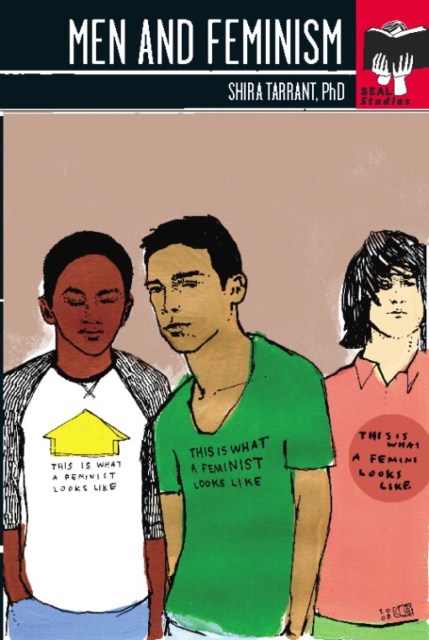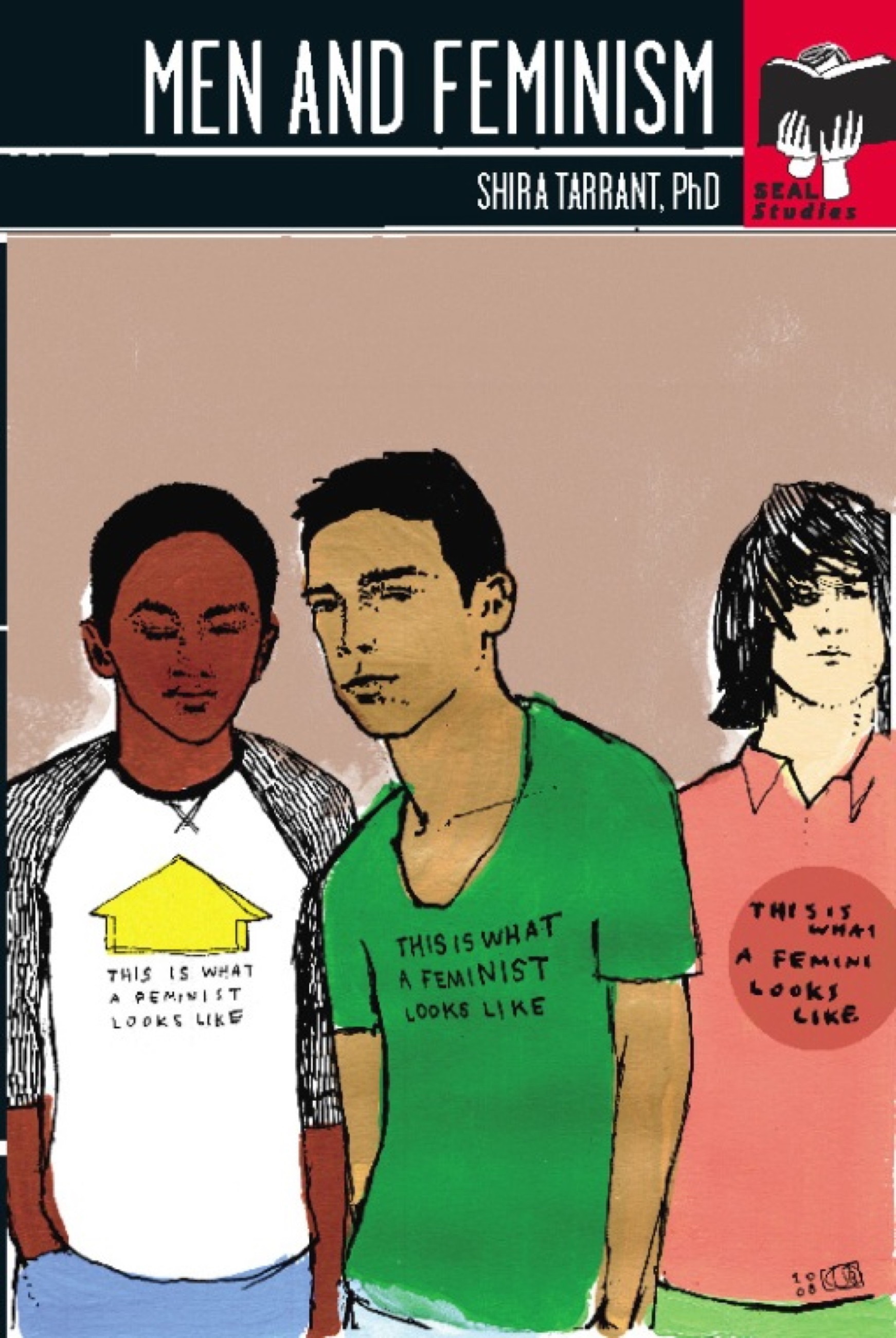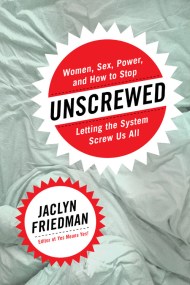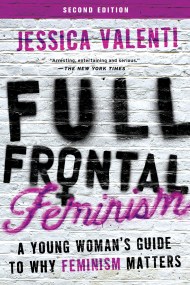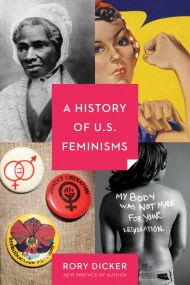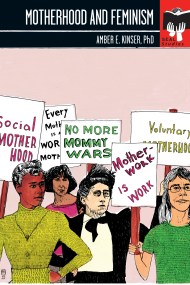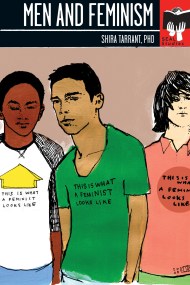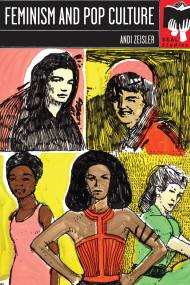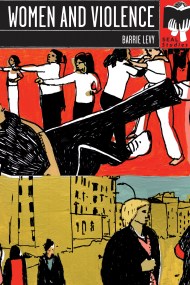By clicking “Accept,” you agree to the use of cookies and similar technologies on your device as set forth in our Cookie Policy and our Privacy Policy. Please note that certain cookies are essential for this website to function properly and do not require user consent to be deployed.
Men and Feminism
Seal Studies
Contributors
Formats and Prices
- On Sale
- May 12, 2009
- Page Count
- 208 pages
- Publisher
- Seal Press
- ISBN-13
- 9780786744640
Price
$9.99Price
$12.99 CADFormat
Format:
- ebook $9.99 $12.99 CAD
- Trade Paperback $19.99 $25.99 CAD
This item is a preorder. Your payment method will be charged immediately, and the product is expected to ship on or around May 12, 2009. This date is subject to change due to shipping delays beyond our control.
Buy from Other Retailers:
There's no denying that men's involvement and interest in feminism is key to its continuing relevance and importance. Addressing the question of why men should care about feminism in the first place, Men and Feminism lays the foundation for a larger discussion about feminism as a human issue, not simply a women's issue. Men are crucial to the movement—as fathers, brothers, husbands, boyfriends, and friends.
From "why" to "how" to "what can men do", Men and Feminism answers all the questions men have about how and why they should get behind feminism.
Series:
Newsletter Signup
By clicking ‘Sign Up,’ I acknowledge that I have read and agree to Hachette Book Group’s Privacy Policy and Terms of Use
